Blogs and Comment
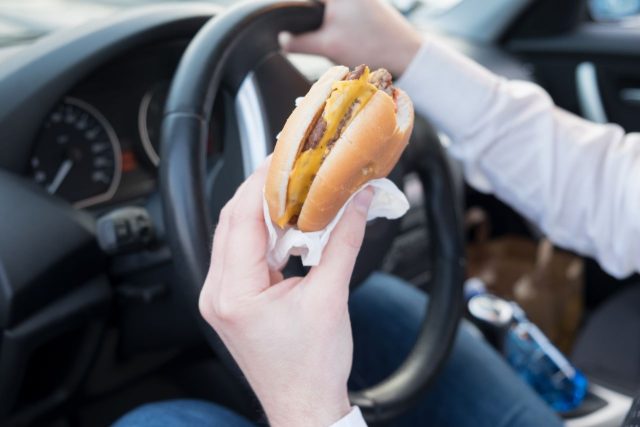
New driver training module highlights the dangers of distractions
Every year, hundreds of thousands of accidents occur on UK roads, with approximately 25,000 people killed or suffering serious injuries in road accidents annually. One major cause of these accidents is distracted driving, and about 2,500 accidents each year are caused by distractions inside the vehicle. The most common cause of distracted driving is the driver using a mobile phone. However, other causes of distraction include reading printed materials, fiddling with the sat nav or in-car infotainment system, eating and drinking, or even smoking and vaping. While few of these activities are specifically against the law, drivers can be prosecuted…
Read Article
New Filming Studio and Equipment Investment
Committed to providing best-in-class driver training, we are proud to announce that E-Training World has made a significant investment in filming facilities and equipment. This will further upgrade our next-generation online driver profiling and training experience. In 2023, we launched our new online driver profiling and e-driver training system after two years of software development and over 5,000 miles of filming. Available on a globally recognised software platform, with a tablet- and mobile-ready experience, the system uses high-definition in-vehicle, roadside and drone video footage to genuinely replicate the on-road experience. We have now made a substantial investment in new office…
Read Article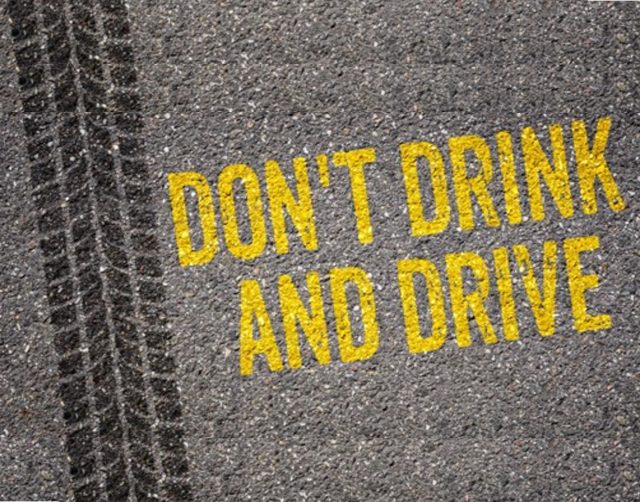
New training module to tackle the rising prevalence of drink and drug driving
We are delighted to announce the launch of our new training module tackling the increasing issues of drink and drug driving. Recent research by the UK’s leading road safety charity showed that more than a fifth (22%) of young motorists aged 17-34 believe it is okay to get behind the wheel after taking class A drugs, such as cocaine. Meanwhile, the Department for Transport’s (DfT) latest statistics on drinking and driving revealed an increase in deaths and serious injuries caused by drink driving on British roads. The report estimated that drink-drive collisions caused more than 6,740 injuries, with the number…
Read Article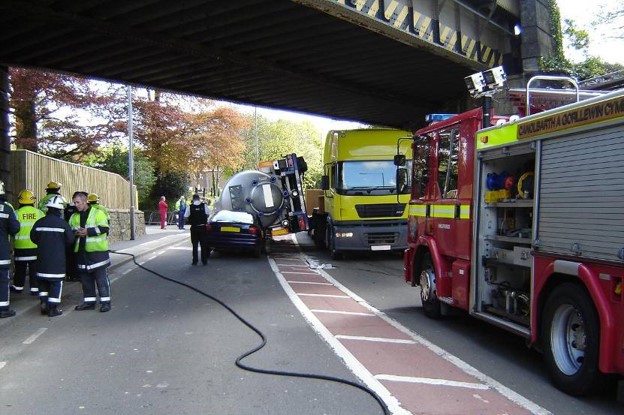
New driver training module targets damaging bridge strikes
We are delighted to announce the launch of our new online driver training module, which is focused on reducing the risk of bridge strikes. According to data from Network Rail, “on an average day, the drivers of at least five heavy goods vehicles and/or buses, put themselves, road users and the public travelling on the trains at risk”. Their research found that 32% of drivers admitted to setting off whilst not being aware of the height of their vehicle. 56% did not consider low bridges when planning their journey. Bridge strikes can cause major traffic delays and cost millions of…
Read Article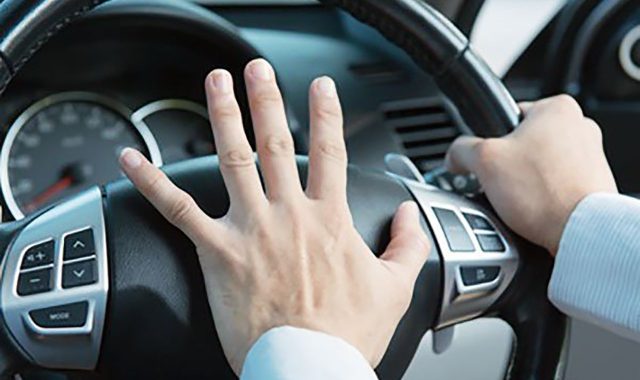
NEW TRAINING MODULE TO ADDRESS INCREASINGLY COMMON ROAD RAGE INCIDENTS
We are delighted to announce the launch of our new training module focused on road rage. According to recent research from Comparethemarket.com, more than two in three (69.5%) drivers in the UK report experiencing road rage. Over one in 10 (12%) admit it’s a weekly occurrence for them. Inside our vehicles, it is easy to feel isolated and forget that people have other priorities. When we’re all frustrated by traffic, people can make mistakes or complete impolite driving manoeuvres. This can lead to anger from other frustrated drivers and a cascade of hostility. “Road rage can pose a significant threat…
Read Article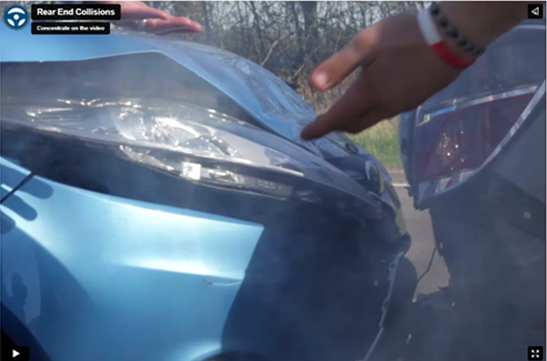
New training module to educate drivers on how to avoid common collision situations
We are delighted to release our new training module focused on avoiding collisions. With most crashes due to human error, this training module focuses on the common reasons drivers collide with others and how to avoid them. Excessive speed is a frequent cause of collisions. Speed limits are a maximum and might not always be a safe speed. Drivers should always consider how far ahead they can see, the road and the weather conditions, and all potential hazards, such as what might emerge from hidden entrances or junctions. Rear-end collisions are the most common type of insurance claim These collisions…
Read Article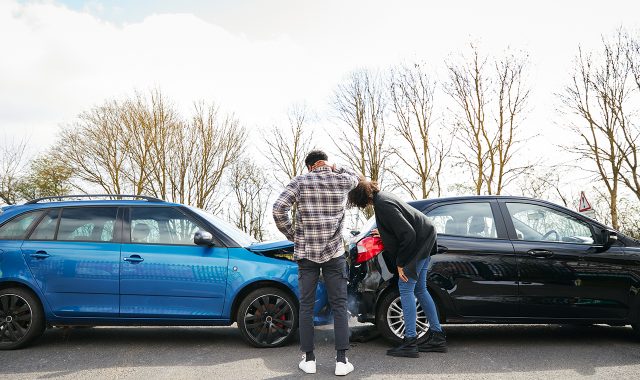
Avoid Hitting 3rd Party in the Rear Tops Driver Training Needs in 2023
What was the most in-demand driver training module in 2023? Research reveals that avoiding hitting a third party in the rear has been the top driver training requirement over the past twelve months. Other highly requested training areas include: Concentration & Observation Hazard Perception Speed Awareness Parking & Manoeuvring Hazard perception continues to be a high-risk area for drivers. Hazard perception is critical to safe driving, spotting ‘clues’ to potential hazards before they arise. This enables drivers to change their driving style early to reduce the chances of being involved in a collision. Car driver training has been the most…
Read Article
New adverse weather conditions training module prepares drivers for additional hazards
We are delighted to announce the launch of our new training module specifically designed for adverse weather conditions. Adverse weather conditions include rain, snow, ice, windy and foggy conditions, as well as bright sun and dark night situations. The interactive online training module uses a combination of high-definition video footage and still images. These demonstrate the potential impact of different weather conditions and educate drivers on how to adapt their driving style to reduce the risk of accidents and collisions. Different weather conditions create varying hazards. When driving in the rain, drivers should double the gap between themselves and the…
Read Article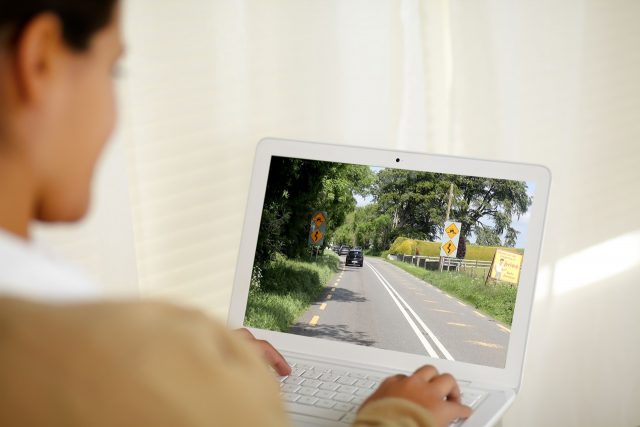
NEW ONLINE DRIVER TRAINING SYSTEM FOR THE REPUBLIC OF IRELAND
We are delighted to announce the launch of our bespoke system for road users in the Republic of Ireland. Completely tailored to the Irish audience, the new system is based on the Rules of the Road, issued by the Road Safety Authority in the Republic of Ireland. The online platform includes high-definition video footage and road scenes filmed on location in Ireland, making it fully engaging, relevant and realistic for Irish drivers. Our extensive range of online driver profiling and training modules cater for all major vehicle types, including cars and small vans, large vans, HGV Artics, HGV Rigids, PCV…
Read Article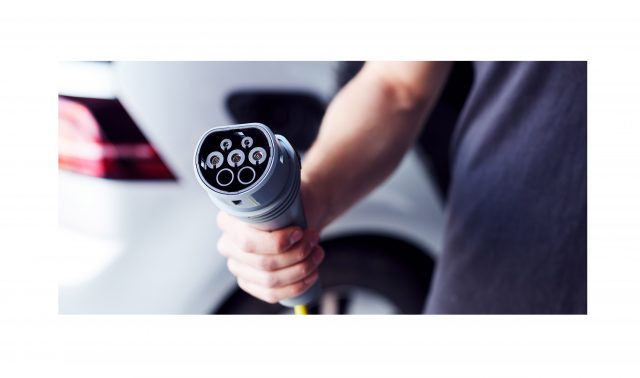
New online modules provide targeted EV training
E-Training World has introduced new online driver training modules for drivers of electric cars. The three modules cover an introduction to electric vehicles, an EV awareness course for general safe driving and a speed awareness course tailored for electric cars. “We provide online driver profiling and e-driver training systems to leading insurance companies, major driver training providers, contract hire and fleet management specialists, rental companies and directly to fleets large and small,” said Jonathan Mosley, sales and marketing director at the online driver profiling and e-driver training specialist. “Many of our fleet sector partners benefit from a white-labelled version of…
Read Article
Driving after Lockdown 2
As you venture out onto the roads, be aware that drivers may pull out without looking, may not be paying attention to your vehicle, may not indicate (as they haven’t seen any point in doing so when the roads have been so empty) and they may drive far more irrationally than normal. Not only should you be aware of this, you must also not let your driving be affected by their actions. After an angry encounter with another driver who has annoyed us, we often dwell on the event and our concentration suffers. When our concentration is poor we can…
Read Article
Driving after Lockdown
For some people, the experience of driving again after a long break may feel similar to being a ‘learner’ again. When we drive frequently we become ‘unconsciously competent’ – in other words, we drive without thinking too much about it because it comes naturally to us (although this presents its own dangers that we won’t touch on in this module!) However, after an extended period of ‘not driving’ some drivers will become ‘consciously incompetent’; a bit like a Learner driver again who has to think more carefully about every action until they become used to it again. If you are…
Read Article
3 men check into a hotel room
Here’s something to get your brain thinking. And apologies if you’ve heard it before (but it’s a good one!) 3 men check into a hotel room, which costs £30. They each pay a tenner. As they go up to the room, the receptionist realises they have been overcharged. It should have been £25 (Yes, I know – it’s clearly a pretty dodgy hotel but just accept they got a very good rate online). So, the receptionist says to the bell boy, “I’ve just overcharged those 3 gentlemen, can you pop up to their room and refund them £5.” (Now you’re…
Read Article
Highways England’s new tailgating campaign hasn’t been invading my space
Highways England has launched its campaign to reduce the amount of tailgating on our roads. Called ‘Don’t be a space invader’ their research suggests that tailgating is ‘the biggest single bugbear drivers have about other road users’ and I wouldn’t disagree. We all know that someone driving dangerously close can be intimidating, unsettling and threatening. From E-Training World’s driver risk and training activity in the insurance sector, we also know that ‘hitting 3rd party in the rear’ contributes up to 30% of claims. But is this campaign high profile enough for people to take notice and change their ways? While…
Read Article
Is unsafe driving down to bad habits?
There’s a fascinating book by Charles Duhigg called ‘The Power of Habit’, which looks at ‘why we do what we do’ and why we live our lives in a certain way. To summarise, a habit is formed of three key elements: a cue, a routine, and a reward. Take the example of arriving home after a long day at work. The cue is walking into the house and putting tea on. The habit is opening a bottle of wine and pouring a glass. The reward – a sense of relaxation and closure on the working day. On a healthier note,…
Read Article
Pavement parking – is it time to impose a UK-wide ban?
The Department for Transport has been considering putting a UK-wide end to pavement parking, bringing the rest of the nation into line with the capital. Pavement parking creates danger for many people including the blind and partially sighted, wheelchair users, the elderly and mothers with prams. As most London drivers should already know, it has been law in the capital since 1974 that drivers ‘must not park partially or wholly on the pavement in London and should not do so elsewhere unless signs permit it’. (Highway Code rule 244). You can get a fine for parking on the pavement in…
Read Article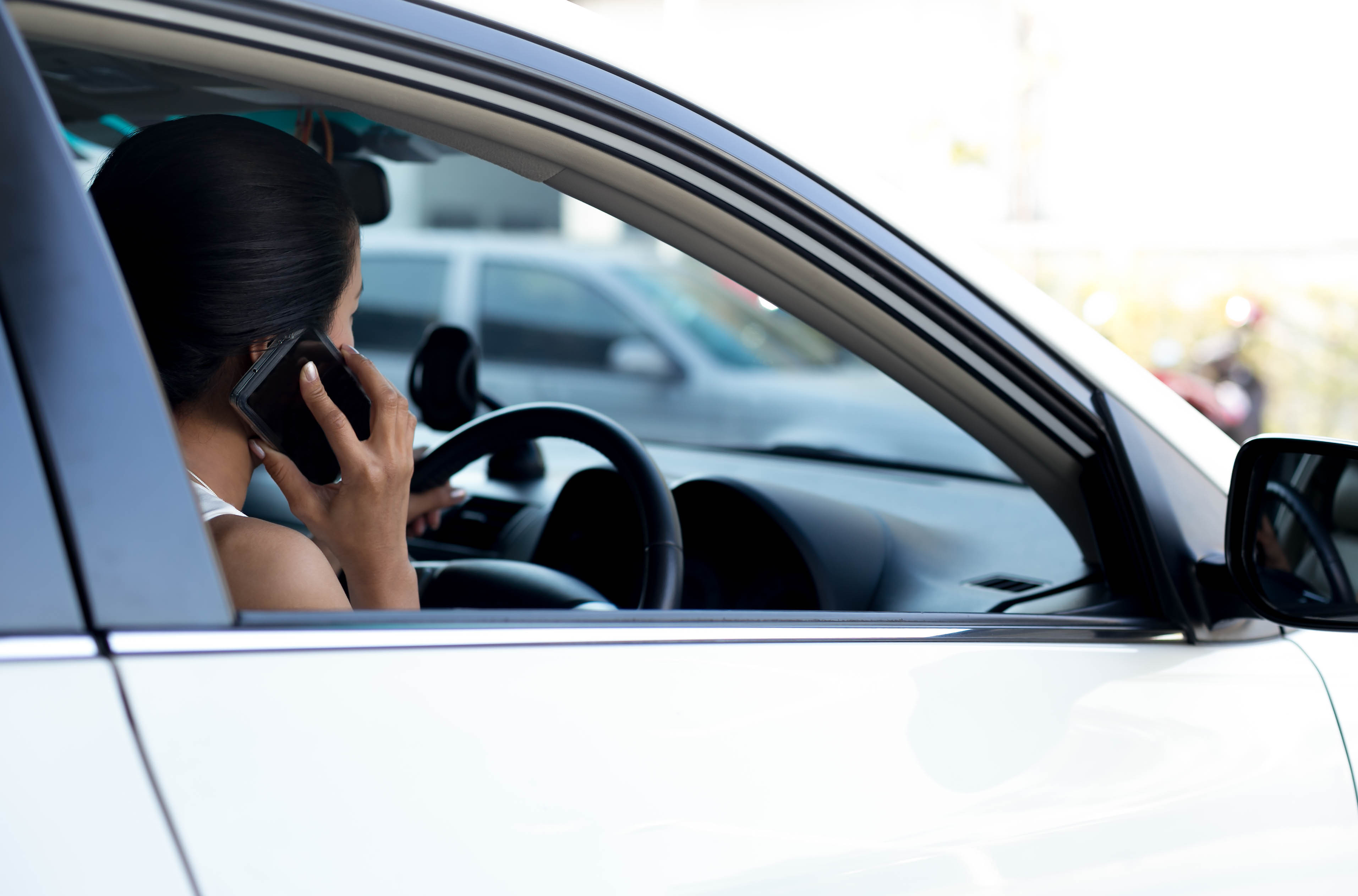
Drivers admit it! Half of them break the law when driving!
Recent research has shown that almost half (49%) of British motorists admit to breaking traffic laws, which equates to 10.5 million drivers based on DVLA records for the UK. The survey by Whocanfixmycar.com reveals the staggering number of drivers who knowingly break the law but don’t believe they’ll be caught, reflecting an incredibly poor attitude towards driving by many motorists. Considering the high numbers of drivers identified through our online driver profiling systems who also have a glaring lack of knowledge, it makes me wonder how many others are breaking the law without realising they’re doing it. Attitude and knowledge…
Read Article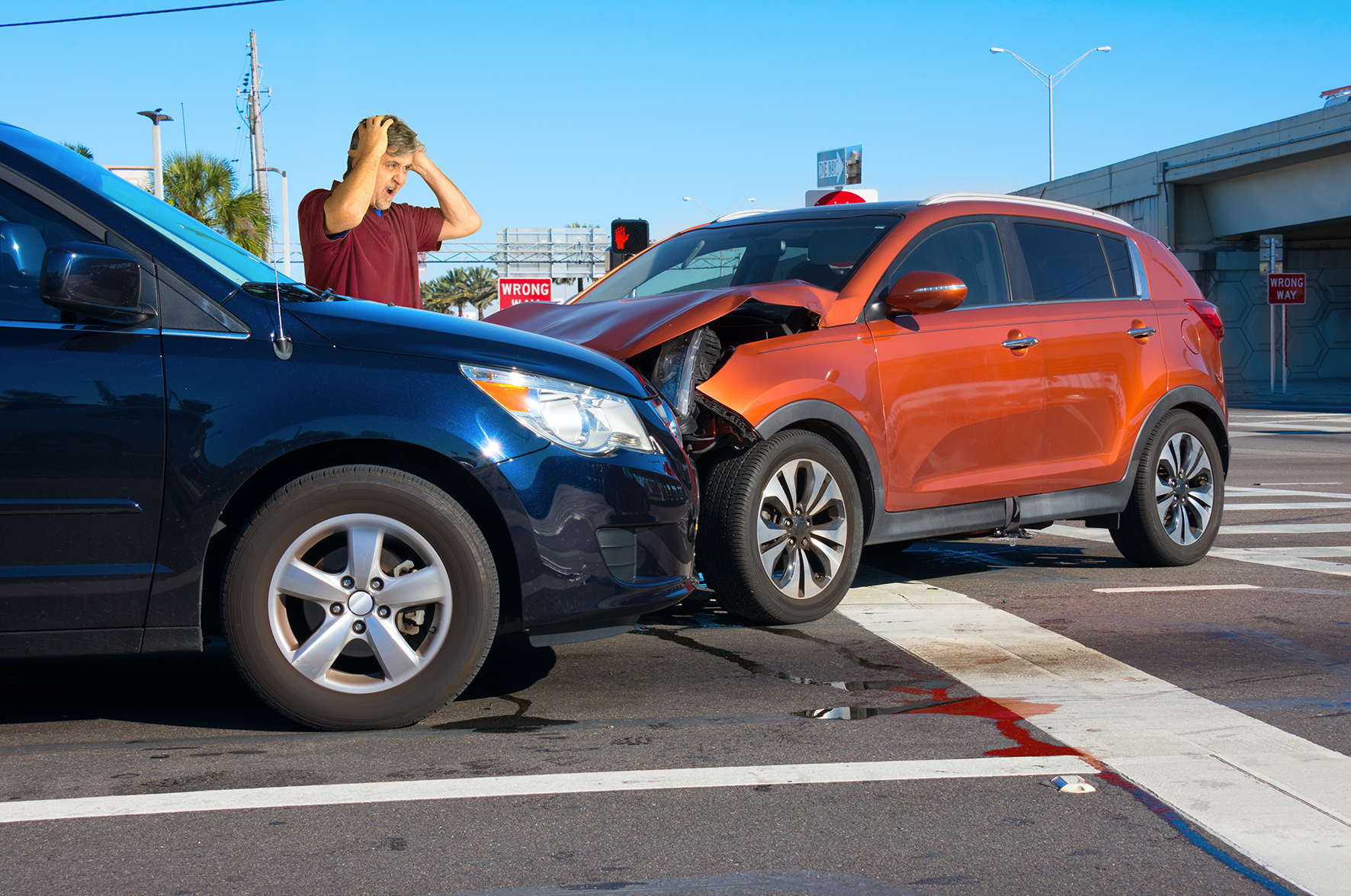
What’s more dangerous? An unsafe vehicle or an unsafe driver?
The 20 May sees the new MOT come into force, with vehicle defects being placed in one of three categories; dangerous, major or minor. Dangerous means ‘do not drive until the vehicle is repaired’. Major means ‘repair it immediately’. Minor means ‘repair as soon as possible’. When I look at our driver profiling system, it feels to me that the MOT is starting to mirror the way we have always categorised drivers. We put them into one of three categories too; high, medium or low risk. Reading about the new MOT it struck me, not for the first time, how…
Read Article
Collision caught on BBC news report shows how easy it is to be distracted at the wheel
If you watched the BBC news report regarding Ant McPartlin’s trial for drink driving, you may have noticed how easily drivers can become distracted. http://www.bbc.co.uk/news/av/uk-43790415/car-collision-outside-ant-mcpartlin-sentencing As a mass of news reporters gathered outside the courtroom, clearly causing passing motorists to look, it resulted in a collision on live TV. Many drivers still seem to believe its worth the risk to take their eyes off the road to glance at a text, change their playlist, alter their SatNav or look at what’s happening around them – such as rubbernecking on the motorway. Yet, this BBC footage just goes to show how…
Read Article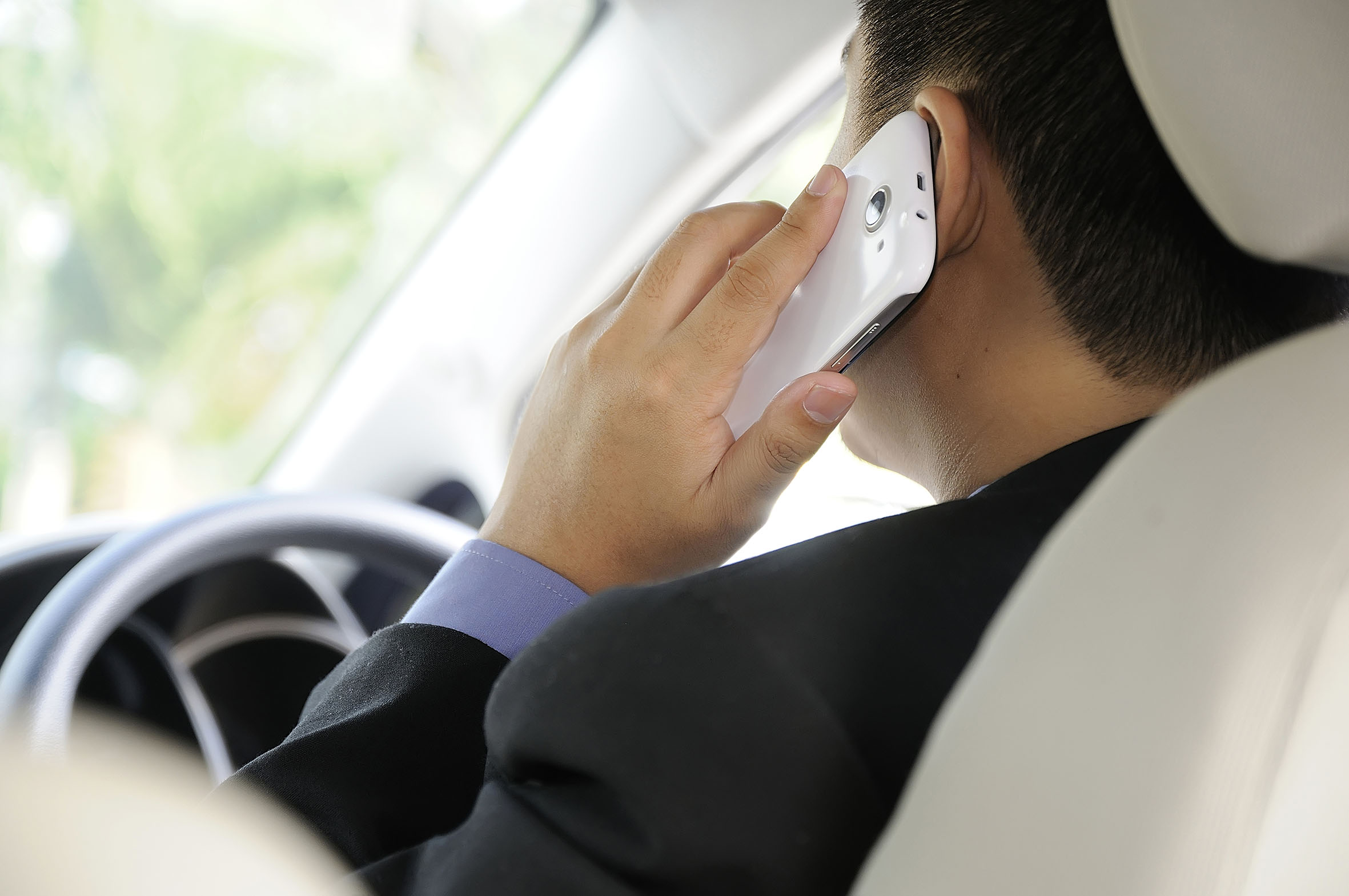
Are we passing on deadly habits to the next generation of drivers?
Many people reading this will have kids. If they’re not yet 17 it probably hasn’t crossed your mind that every time they’re in the car they’re observing what you do. Lets face it, the way you driver now will influence their habits later. After all, kids learn from their parents. So, can you say ‘hand-on-heart’ that you’re setting a good example to your children or any other young passengers in your vehicle? You haven’t sent a quick text while they’re in the car with you? Made the occasional phone call without being hands free? Set the SatNav on the move,…
Read Article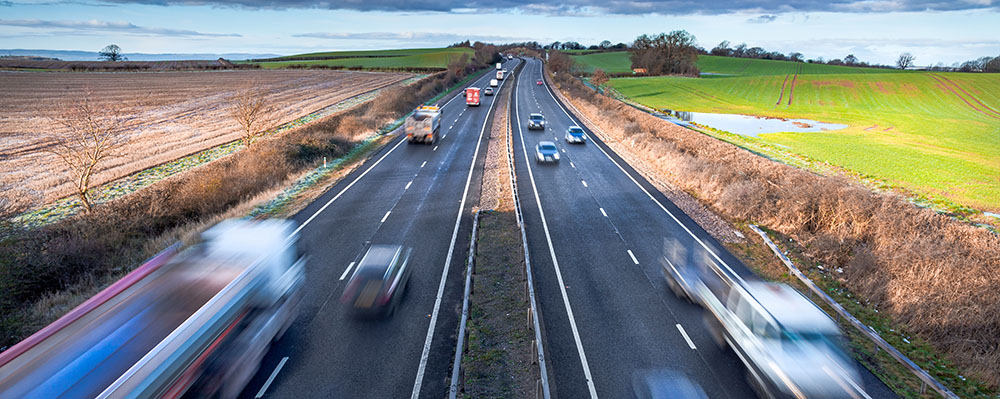
Does a lack of knowledge really matter?
A survey by Halfords revealed that more than half of UK drivers do not know the basic rules of driving. 10 questions posed to 4,500 drivers ranged from road signs to the drink driving laws, with 59% of participants failing the test and only 11% answering all questions correctly. This may come as a shock to many people but I’m not surprised at all. E-Training World’s online driver risk assessment is broken down into 4 sections; namely ‘Attitude’, ‘Knowledge’, ‘Concentration/Observation’ and ‘Hazard Perception’. The section that repeatedly causes drivers the biggest problem is the knowledge section, with more than a…
Read Article
Will we ever see the use of mobile phones banned in vehicles?
It’s been an offence to use a hand held mobile phone whilst driving for years, yet every day we see drivers using their mobiles. If we accept that driving whilst on the phone is a dangerous thing to do, you’d have thought the Government would have just decided to ban the use of mobile phones altogether (whether hand held or hands free). Maybe the Government doesn’t think it is dangerous to make and receive calls when driving which is why they haven’t imposed the ban. Well that’s clearly not the case because The Department for Transport’s Think! Website states, ‘Drivers…
Read Article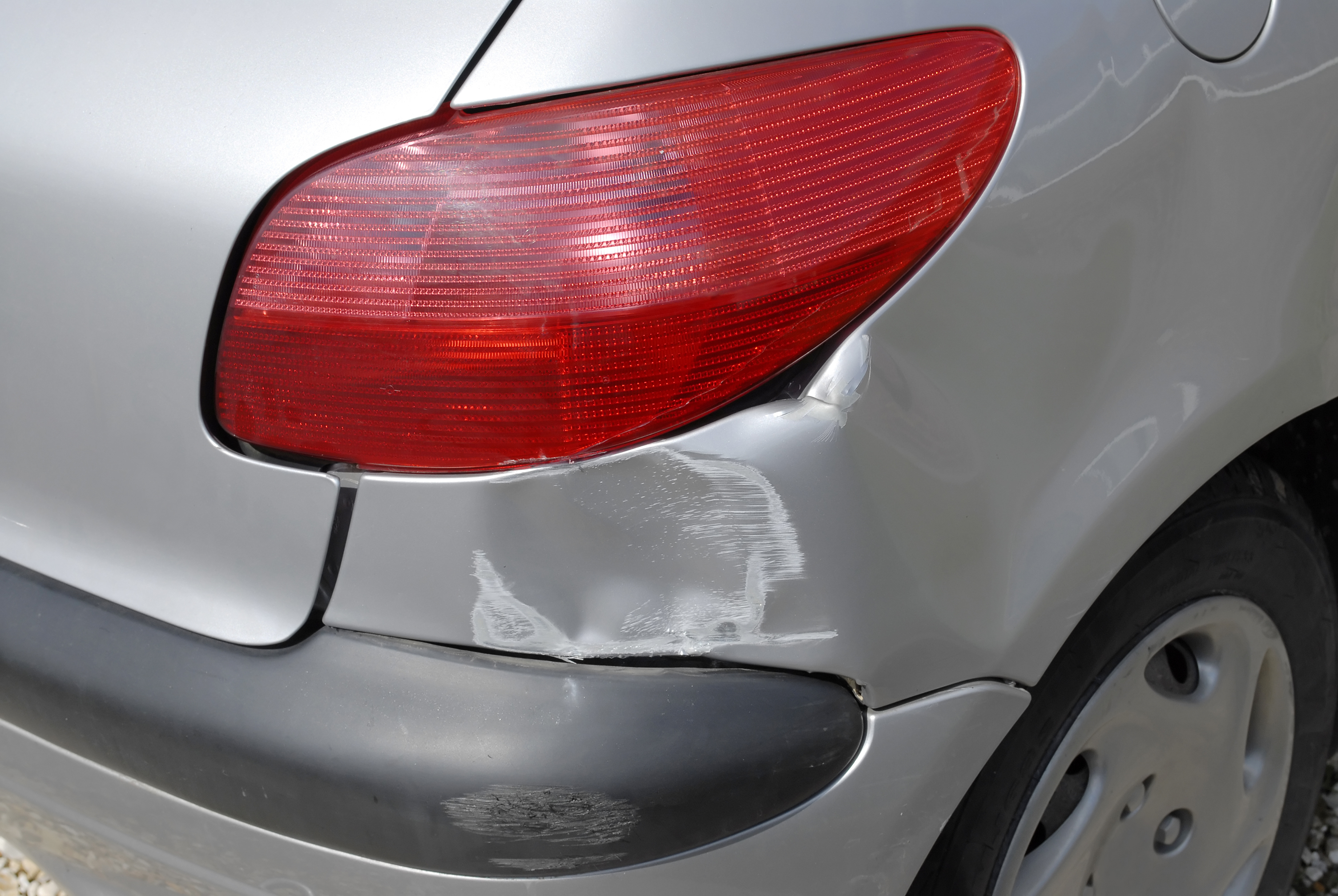
Why do drivers rarely learn from their mistakes?
Lets look at some common phrases you’re likely to hear regarding a collision. ‘Accidents happen’ ‘Never admit liability’ ‘It wasn’t my fault’ ‘The car in front slammed its brakes on’ ‘He came out of nowhere’ Now lets consider some others. ‘I got it wrong’ ‘I was driving too close’ ‘I wasn’t paying attention’ ‘My driving was very poor’ ‘I caused the collision’. I’m sure all fleet managers would agree that they hear far more of the first set of phrases than the second. Its part of a much greater problem that most drivers still believe that accidents can’t be avoided…
Read Article
Mobile phone obsession could lead to problems down the line
If, like me, you have kids you’re probably exasperated by their obsession with mobile phones. In their lives, the phone is the number one priority. Nothing else comes close. You can be in the middle of an important conversation, the phone beeps and their shutters go down. Whatever you were talking about is, effectively, over – replaced by the message or notification that’s arrived. Even if, during a family meal, you ban them from looking at their phones, you know that if one goes off in a child’s pocket their attention is gone. They may not be allowed to look,…
Read Article
Posthumous whole life costs could pinpoint where the problems lie
Whole life costs, which include a vehicle’s depreciation, SMR (service, maintenance and repair), fuel and road fund tax, are commonplace in establishing company car policies and budget setting. Yet, these pre-event costs can only include current and forecasted data, which leaves a few things out. A vehicle’s true cost will depend on how it’s driven. The number of accident repairs, actual fuel usage, the real maintenance cost caused by poor or aggressive driving and its use of tyres and brakes. I’m sure many contract hire and fleet management companies can report on most of this when the vehicle is returned,…
Read Article